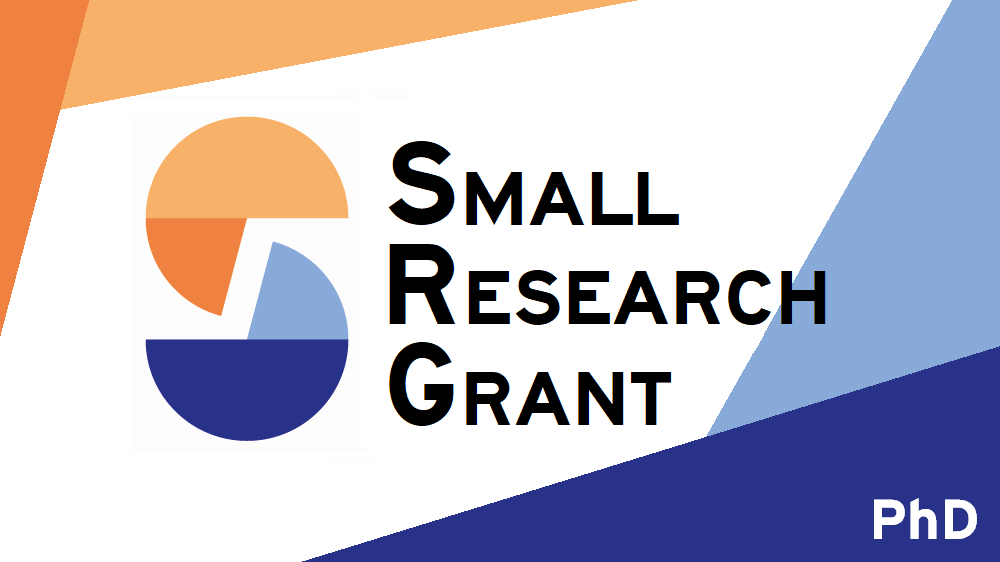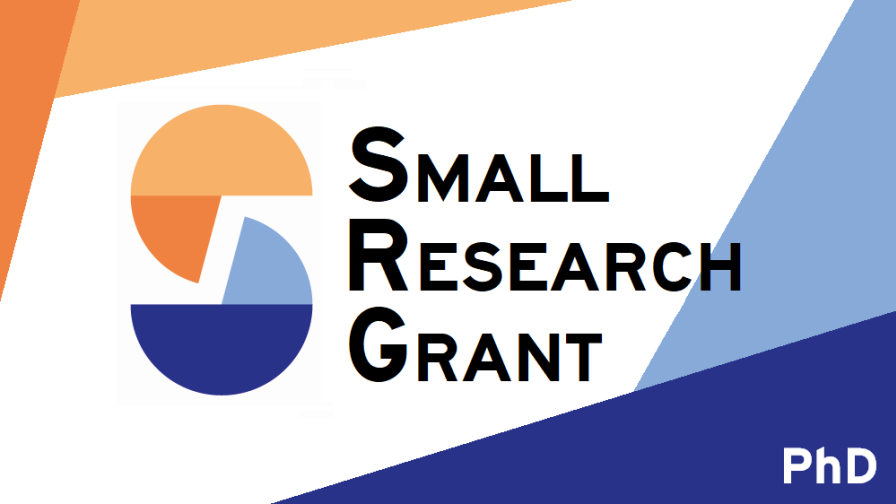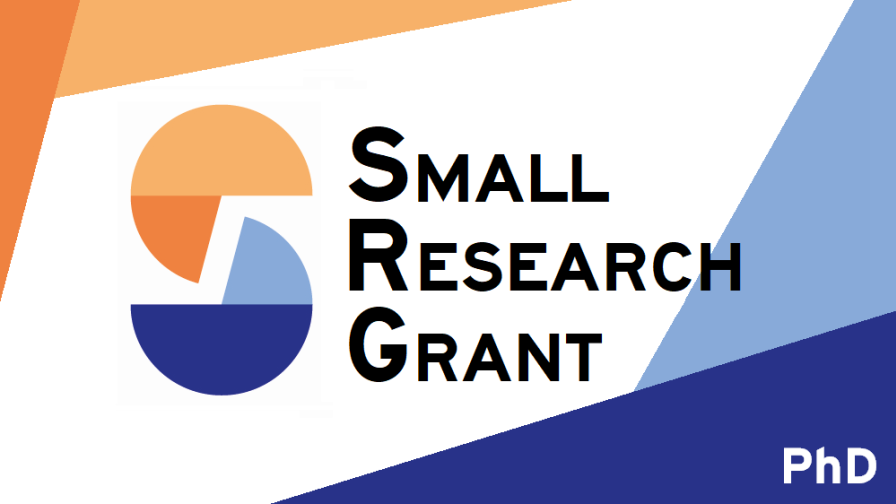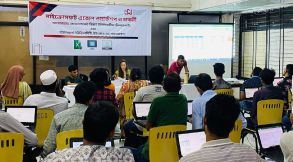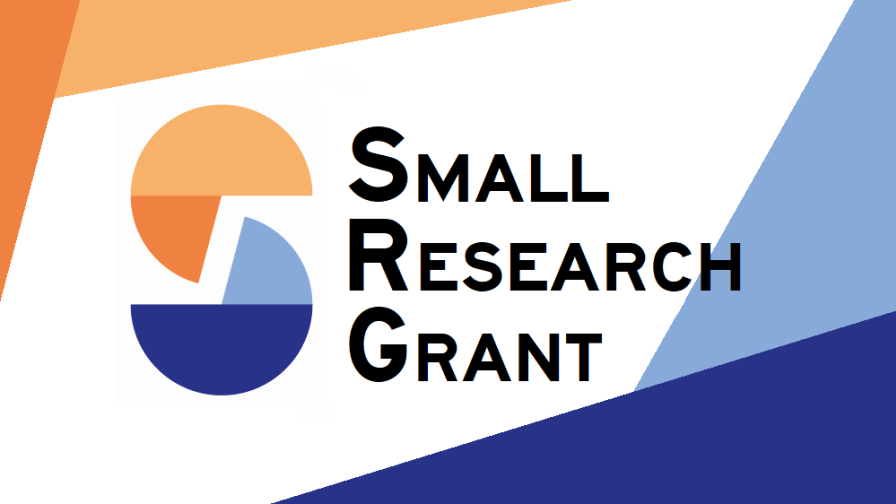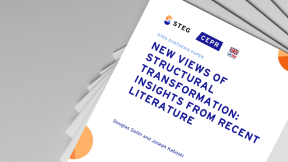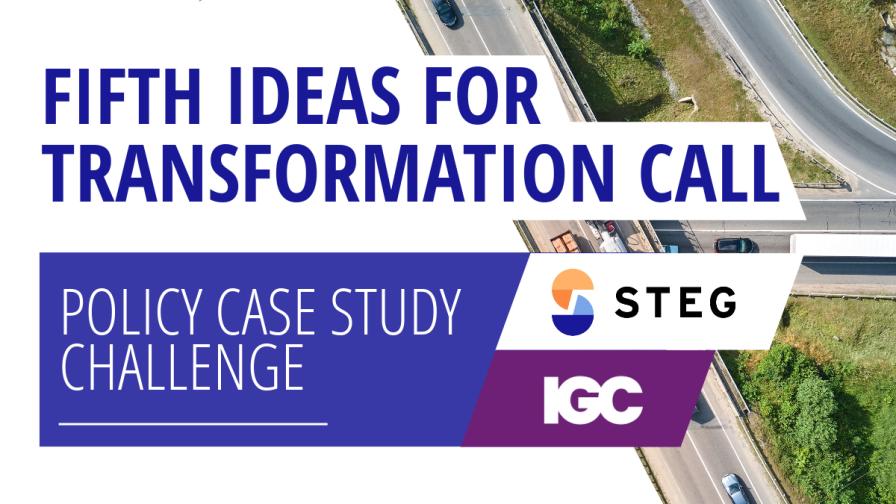Electricity access and electricity reliability are often cited as key limiting factors for firms' productivity in Sub-Saharan Africa. The ability of electricity providers to deal with access and reliability issues is hindered by high non-technical losses. These providers are increasingly adopting new metering technologies such as prepaid meters and smart meters to improve their financial viability and spur their capital investment. Understanding how these new technologies interact with firm outcomes is key for the long-term growth of firms, since electricity can be an important input for firms. The impact of these new meter types will depend on how they impact firm behaviour, firm cost structure and firm productivity. This project studies the impact of prepaid meter adoption on firm electricity use, revenues and profits, both at the extensive margin (no meter to prepaid meter) and the intensive margin (postpaid to prepaid meter). It thus asks the following question: What is the impact of prepaid and smart meters on firms’ electricity consumption and firm productivity in low-income countries?
To answer this question, the researchers will leverage disaggregated electricity consumption and expenditures data for the period 2012-2021 in Senegal to carry out a difference-in differences analysis using interventions in which randomly selected clients from certain districts were switched from postpaid meters to prepaid or smart meters. They will compare selected firms to non-selected firms in the same districts to estimate the impact of the technology on energy consumption and firm productivity. The research team will then use the data on electricity consumption to track changes in consumption. To do this, they will add a primary data collection to track firm characteristics, revenues, costs and output over time.
In studying the causal impacts of electrification on firm outcomes, the project is highly policy relevant, not least given the many ongoing initiatives aiming to provide electricity to people in Sub-Saharan without access, such as Power 2030. Understanding how such programs affect firms will contribute to the policy discussion on the cost effectiveness and the welfare impacts of these initiatives. In particular, the study will produce invaluable policy insights for SENELEC, Senegal’s state-owned electricity provider, which is a partner on the project. The researchers plan to provide SENELEC with policy recommendations upon completion of their analysis to help the organisation optimise its scaled roll-out of new meter types to different customer groups.
